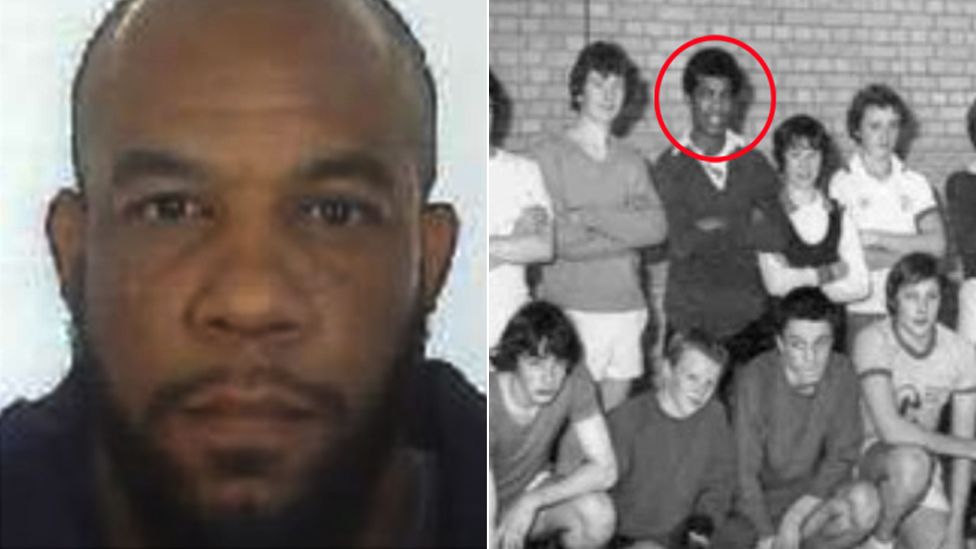'Disbelief' of London attacker's former employer
- Published

A past employer of Westminster attacker Khalid Masood has said he could not believe his ex-colleague was a killer.
Farasat - who does not wish to be identified - was a manager at the English Language Adventure School in Luton where Masood taught English between 2010 and 2012.
He said: "He was the last man I thought would do a heinous crime."
Masood fatally drove into three pedestrians and stabbed PC Keith Palmer to death in last Wednesday's attack.
Farasat added: "I thought it must have been a different Khalid Masood.
"I was completely horrified and bewildered when I heard his name."
Farasat says the Khalid Masood he knew was "very serious about his job"
Masood, who lived in Dunraven Avenue and The Meads in Luton, taught at the language school for Middle Eastern students for over two years.
Prior to that, he had a criminal career dating back to 1983 which led to time in Lewes Prison in East Sussex, Wayland Prison in Norfolk and Ford open prison in West Sussex.
Farasat, who prayed with Masood at work, said: "He was jolly. Very serious about his job.
"He told me that in prison he made a firm resolve to leave the life of crime and clean himself up."
Masood, 52, is reported to have had at least three children and one previous wife.
He killed teacher Aysha Frade, 44, US tourist Kurt Cochran, 54, and retired window cleaner Leslie Rhodes, 75, when he drove a hire car into people on Westminster Bridge.
He then stabbed PC Palmer, 48, outside Parliament before being shot dead.
Inquests into the deaths of his four victims will be opened on Wednesday.
'Not radicalised'
Farasat added: "Many people are asking which mosque he was from. It is completely irrelevant. None of the mosques in Luton are radicalised.
"If he was radicalised, I definitely would have identified the signs. He was not radicalised in Luton.
"The only time I saw him get angry was when he heard the English Defence League was coming to Luton. He was very upset."
He added: "He was a practising Muslim, he would pray in the office, but he was apolitical."
- Published28 March 2017
- Published26 March 2017
- Published26 March 2017
- Published26 March 2017